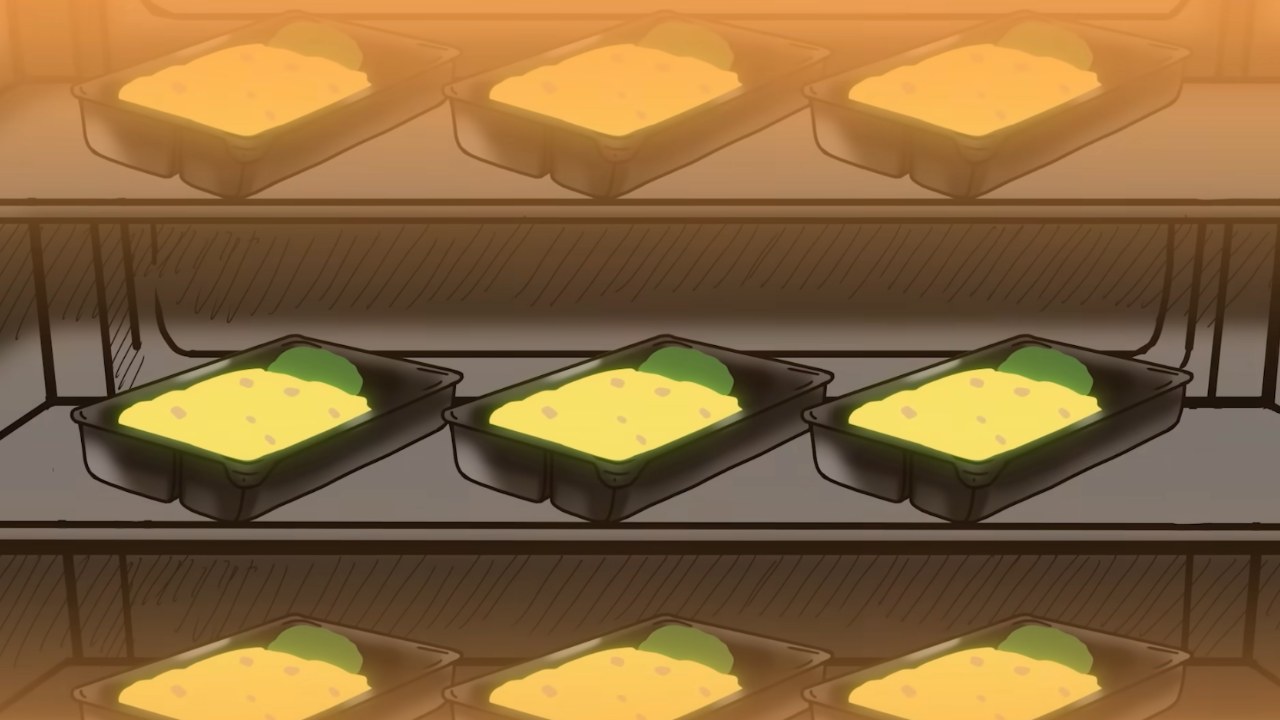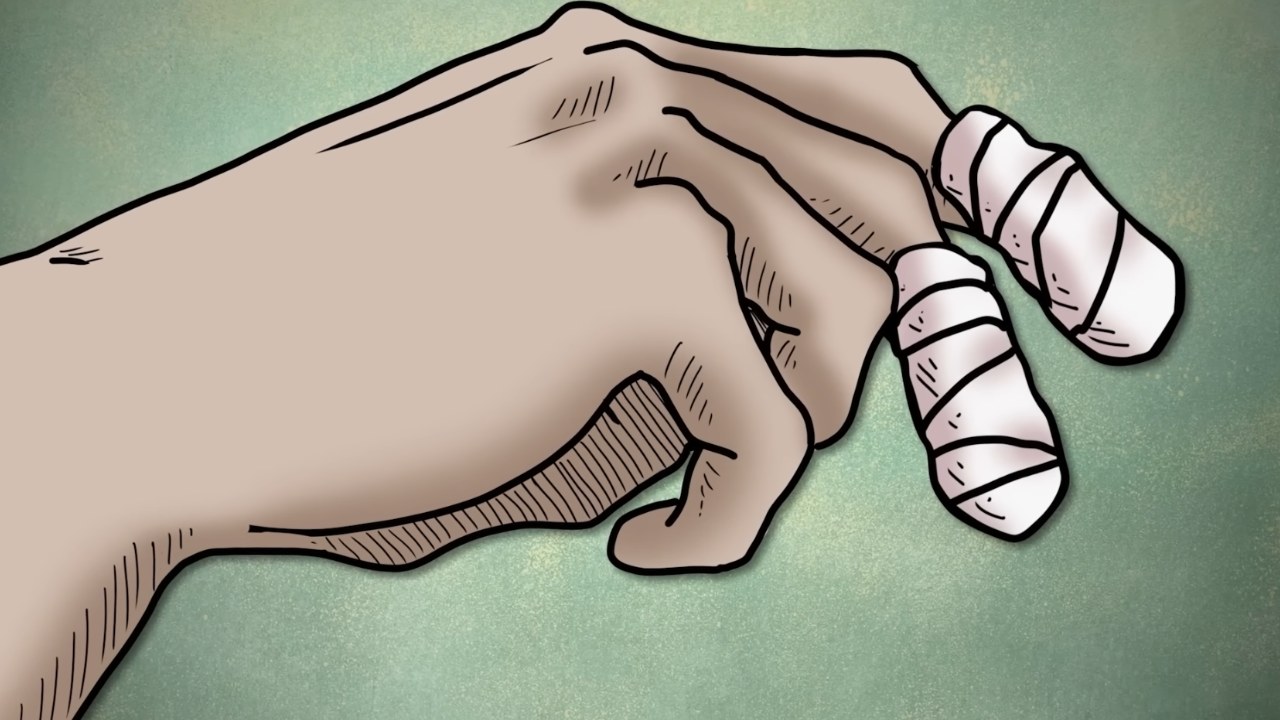In 1975, 344 passengers boarded the Japan Airlines plane bound for Paris and the exciting journey began. Most of the passengers were Coca-Cola salespeople and their families. The employees had won the right to go on vacation to Paris and couldn’t wait to enjoy it. However, things did not go as expected.
During the flight, all passengers nearly died and were taken to hospital after an emergency landing.
So what was the reason for all this?
The exciting journey had begun.
This plane, which took off from Tokyo, stopped in Anchorage, a city in Alaska, and stopped for refueling in Alaska. Then he crossed the North Pole and landed in Copenhagen, Denmark. reached its final destination, Paris.
During this journey, which lasted 20 hours, the passengers were accompanied by a crew of 20 people, and the first leg of the journey, the transition from Tokyo to Anchorage, was made smoothly. Then the plane flew over the Arctic Ocean, entered European airspace around breakfast time.
The passengers ate sandwiches as their first meal, and would consume a ham omelette as their second meal, 1.5 hours before the plane landed in Denmark.
Passengers eating their omelette unexpectedly He started to get worse in the last 30 minutes of the journey.. All passengers complained of nausea, vomiting, diarrhea and cramps.
Fortunately, two of the pilots preferred to eat steak instead of omelettes and were able to make a quick landing in Copenhagen. The passengers were so bad They were taken to the hospital as soon as the plane landed.
From passengers on the plane 30 of them were in critical condition. The cause of severe food poisoning was suspected to be an omelette. Because people started getting sick as soon as they ate this omelette.
However, this situation was examined in more detail and an investigation was initiated under the leadership of the Alaska State Department of Health.

Tests performed on vomit, feces and ham omelet samples a bacteria called Staphylococcus aureus and detected high levels of toxin produced by this bacterium. So the omelet really was the culprit. But where did this bacteria come from?
The Ministry examined the storage conditions of the omelettes and It was kept at room temperature for 6 hours and then placed in the refrigerator. and determined that this refrigerator was not cooling sufficiently.
However, even if these storage conditions were not suitable, it could not cause such a strong bacteria.

Researchers took a closer look at where the meals came from and also examined the three cooks who prepared these meals. One of the cooks had two fingers bandaged and lesions under these bandages It turned out to be.
If the tests that the lesions are infected with staphylococci that make everyone sick proved it. Most of the passengers who had food poisoning recovered, but one of them died.
In short, passengers who set out for a holiday, storage conditions and cook negligence He nearly died because of it.
Our other content about airplanes that may interest you:
RELATED NEWS
Neither Helicopter nor Plane: Why Have We Never Seen This Hybrid Vehicle Designed for Public Transportation in the Sky?
RELATED NEWS
Is it possible to fly the plane upside down in an adverse situation where the pilot has to?
RELATED NEWS
Why Didn’t Airbus A300 See the Expected Popularity While It Has a Technology That Would Put Most Airplanes Out of Pocket?
RELATED NEWS
Why Are There So Many Plane Crashes in Indonesia, Where One Third of Every Crash We Hear About?
RELATED NEWS
Why Are There These Tiny Folds on the Tips of Airplane Wings? If it hadn’t happened, tickets would have been more expensive!
RELATED NEWS
